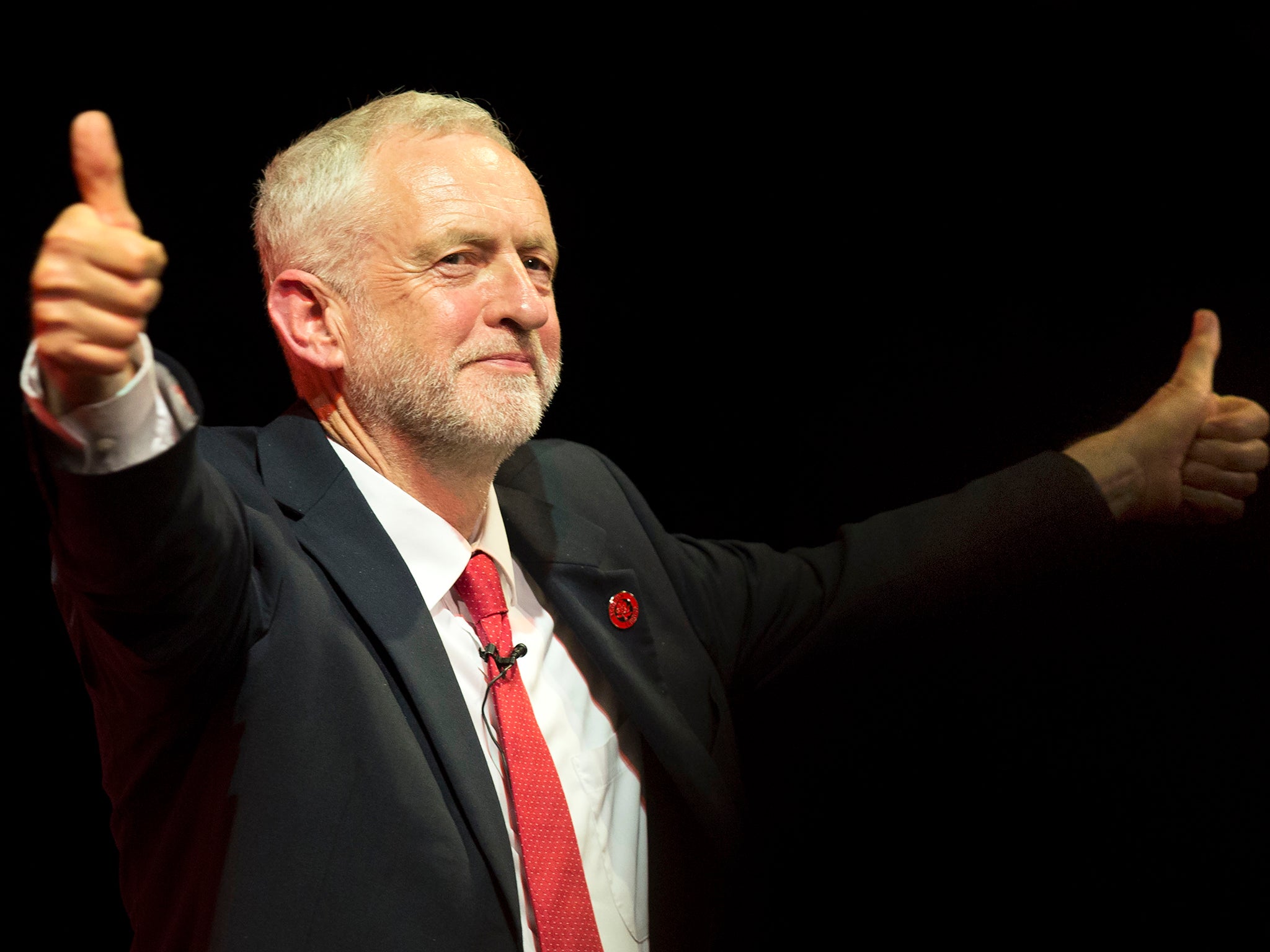Labour leads Conservatives by 9% in 25-34 age group, finds latest poll
Theresa May still heading for an increased majority with ICM putting her 12 per cent ahead overall

Labour has moved well ahead of the Tories in the 25-34 age group with just over a week to go until the general election, according to a new poll.
While younger voters between the ages of 18 and 24 have consistently backed the party, it has now taken the lead among those aged between 25 and 34.
The latest poll by ICM/The Guardian puts Labour on 43 per cent and the Conservatives on 34 among that demographic.
Manifesto pledges by Labour which could appeal to the 25-34 age group include the promise not to raise taxes for low and middle income earners while increasing tax for the richest group.
For young families – or those who would like to start one - attractive promises include the pledge to extend free child care for two-year-olds and to provide free school lunches for all primary school children.
Pledges to build at least 100,000 council and social homes a year and to create a new help-to-buy scheme could also persuade younger voters.
Labour is also beginning to woo back its traditional working-class voters following fears many would defect to the Tories. For the first time in this election campaign, Labour has a lead over the Conservatives in the so-called “DE” class of unskilled workers by 43 per cent to 36.
A significant percentage of Labour’s traditional supporters in this category voted Leave in the EU referendum and earlier surveys suggested many would support Ms May because of her “no turning back” line on Brexit.
But the latest polls suggest Mr Corbyn’s repeated assurances that his party will not seek a second referendum may have gone some way to appeasing Labour leavers.
The unskilled working-class and the 25-34s join the younger age group and black and minority ethnic group voters who are most likely to back Mr Corbyn. However, these groups are historically the least likely to turn out and vote on the day.
The ICM poll shows the Conservatives have an overall lead of 12 per cent, which would translate into an increased majority for Theresa May if replicated at the ballot box. The over 65 age group also shows a commanding lead of 64 per cent for the Tories with Labour on just 20 per cent.
Older people significantly more likely to turn out and vote than others.
The Tories also retain a lead in the key group of skilled working-class voters – the so-called C2 group – although the gap has closed to just two points with the Conservatives on 40 per cent and Labour on 38.
The Conservative campaign is reportedly in a state of panic after a separate, constituency-by-constituency estimate for the The Times by YouGov suggested the country could be heading for a hung Parliament, with the Tories losing 20 seats and Labour gaining 28.
This would leave the Conservatives 16 seats short of an overall majority.
This analysis was based on a more complex model than the vast majority of polls, and suggests that Ms May’s unexpected decision to go to the polls to “strengthen her hand” ahead of the Brexit negotiations could backfire spectacularly.
Early polls showed a commanding lead of up to 24 points for the Conservatives but the party’s manifesto pledge to shake up social care – dubbed the “dementia tax” – caused widespread anger among its core voters. Ms May was forced into a hasty U-turn when she announced there would be a cap on the amount people would be expected to pay towards the cost of their care, although the cap has not yet been set.
Taken together, all the polls suggest voter turn-out will be key, with the ICM poll suggesting it could be as low of fifty per cent.
A low turn-out is considered likely to favour the Conservatives although Labour's chances could be boosted after more than a million young people registered to vote in the month before the cut-off date of 22 May.
Join our commenting forum
Join thought-provoking conversations, follow other Independent readers and see their replies
Comments
Bookmark popover
Removed from bookmarks